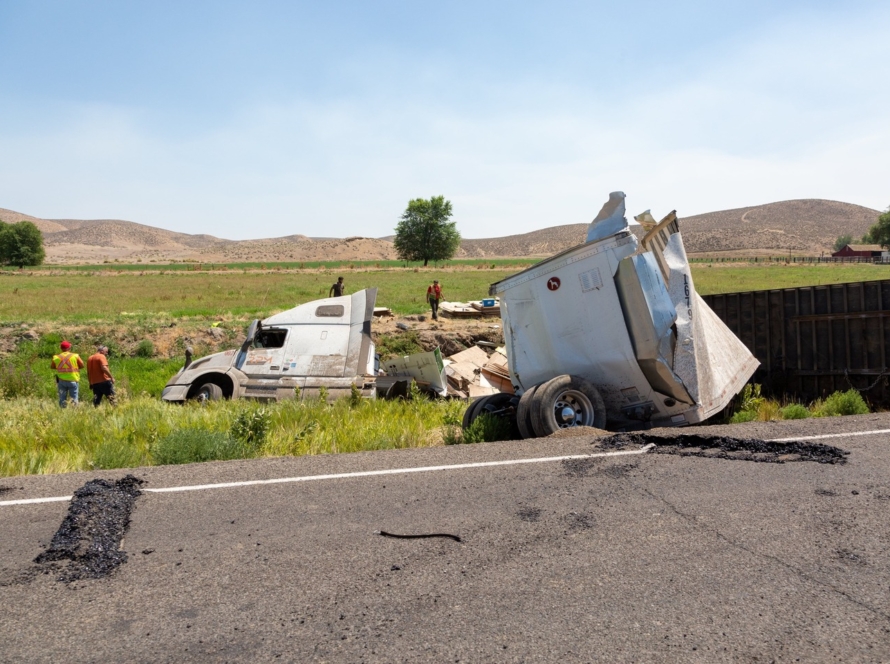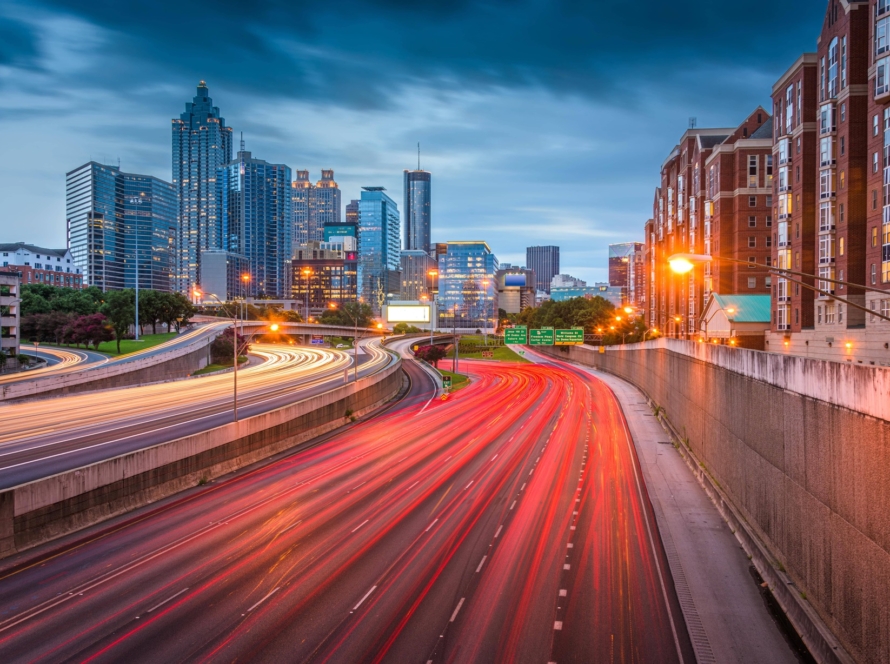Improving your understanding of why crashes occur could help you avoid getting hurt when you drive. Some of the worst kinds of collisions possible involve a commercial vehicle colliding with a passenger vehicle. The damage to the smaller vehicle is often catastrophic, even though there may be minimal damage to the truck.
The causes for commercial crashes are somewhat different than the typical causes for passenger vehicle collisions because the rules that apply to commercial vehicles are much different. Stricter regulations and more education help eliminate or at least reduce common concerns, like impaired driving. Of course, the pressures of commercial transportation work create new risks.
It is no secret that the size of truck blind spots, their inability to turn with great precision and their longer braking times contribute to accidents regularly. Additionally, here are some of the most common – but lesser-known – causes of commercial vehicle collisions when the operator of the big truck is the one at fault.
Poor decision-making
The top reported cause of commercial vehicles causing crashes is a driver making a wrong decision. They choose to turn when they do not have enough space or drive at the wrong speed given the road’s conditions. Those faulty decisions end up being the cause of 38% of the crashes that occur when a commercial truck driver is at fault.
Failure to recognize
Big vehicles have large blind spots and need to constantly check their surroundings to avoid a situation where they injure or kill someone. Truck drivers may fail to see other vehicles near them, possibly because the driver has become distracted. Such situations are to blame for roughly 28% of the collisions caused by big truck operators.
Non-performance
The third leading cause of commercial vehicle crashes involves the driver being unable to do their job in the moment for one reason or another. Non-performance causes another 12% of commercial wrecks.
One of the most common reasons for non-performance involves a loss of consciousness. Drivers who fall asleep at the wheel could drift into another lane of traffic or lose control. Severe medical events, including strokes and heart attacks, can also result in driver non-performance.
You likely won’t be able to tell from inside your passenger vehicle if there are reasons to worry about the decision-making ability or the health of the driver in a nearby commercial vehicle. Your best chance of protecting yourself likely stems from being very cautious about how you drive when commercial vehicles are nearby.
Learning more about commercial vehicle collisions and other serious car crashes can benefit those who travel by road. It can also inspire injury victims to seek professional guidance if they believe that another’s actions may have caused a crash that cost them dearly.






